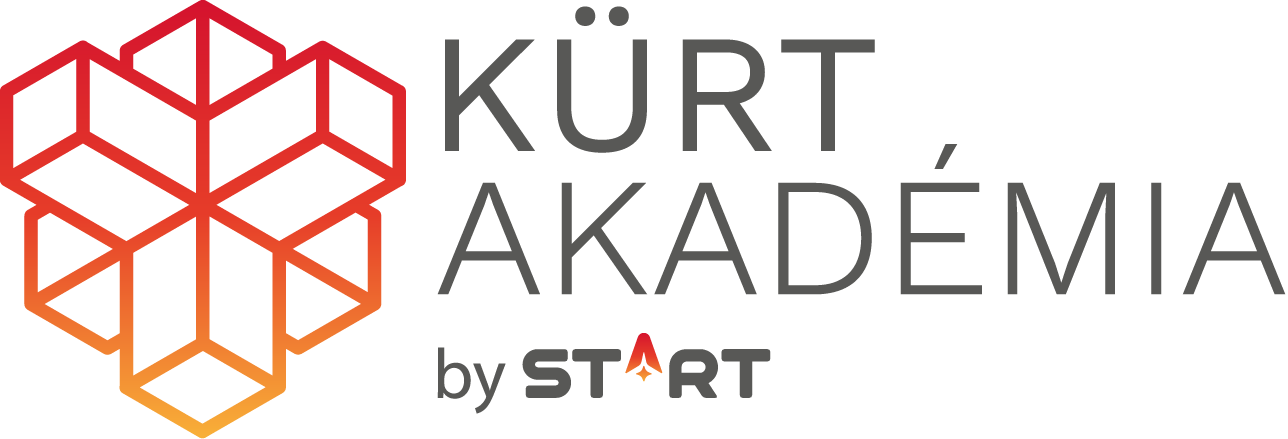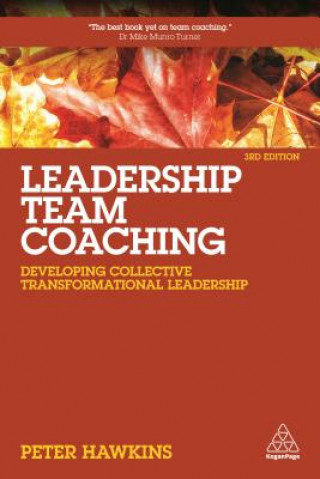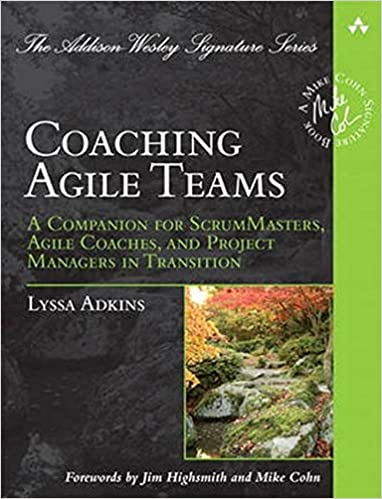Team coaching
Effective and well-functioning teams
Effective and well-functioning teams
What is team coaching?
In the complex, fast-changing world of work lasting success is achieved as part of a team, working with other managers and experts. It is critical that a group working towards a goal should be able to function as an effective team. Team coaching supports management and project teams in creating and maintaining professional internal collaboration. The team coaching process, consisting of regular meetings, enables teams to identify their problems and develop and integrate sustainable solutions into their daily operations. Our approach helps teams to see and unblock deeper, systemic blockages behind personal frictions, cooperation or communication difficulties.
What problems does it address?
- The expectations for the team and the external mandate are not clear, different stakeholders communicate different expectations to the team.
- The team's own goals are not clear, lack motivation and there is no clear contract between team members on how to achieve them.
- The competences and resources of the team are insufficient to achieve the objectives set.
- Roles within the team are poorly defined, regularly there are 'lost' tasks or overlapping responsibilities.
- The team is not doing what it should be doing: it is spilling over into other departments or levels, or is not working on what only they can contribute to.
- Communication is rambling when tackling tasks together, there is a tendency for unresolved or recurring issues, they rather allude and withhold information than raise critical issues.
- There is a tendency to factionism, to deflect professional issues into personal ones (and vice versa), and a lack of honest feedback, and there is no need for it due to low trust.
- The team acts as a black box for its environment, with no visibility of what results are being achieved or what is being given back to stakeholders.
- No team-level knowledge is generated from the experience gained, no lessons are formulated and incorporated into the team's operation.
What are the main steps?
- A preliminary and objective setting discussion with the team leader (if possible, with each team member individually, too).
- Self-assessment, objective setting and contractual process with the team as a whole.
- Work in recuring meetings on the development objectives identified by the team and on the current difficulties encountered in the daily work. The team coach leads and supports this work with presence, facilitation and feedback. The nature of the work process allows for feedback on actions and improvement steps set in previous sessions.
What results can we expect?
- A constructive and supportive culture within the team, being able to deal with challenges independently, is developed and strengthened.
- The team becomes more effective in task solving and learning.
- Team members will develop their systemic thinking, conflict management, feedback giving and receiving skills, and will be able to represent themselves more effectively.
TYPICAL QUESTIONS
- When is it not worth starting team coaching?
While the team leader feels no ownership of the team, or considers replacing members, it is risky to start coaching. - How much time does a team coaching process take?
Team coaching processes typically consist of a series of sessions lasting at least half a day. There are 6-8 sessions, bi-weekly or monthly. For senior management teams, a process consisting of fewer but longer sessions is more typical.








